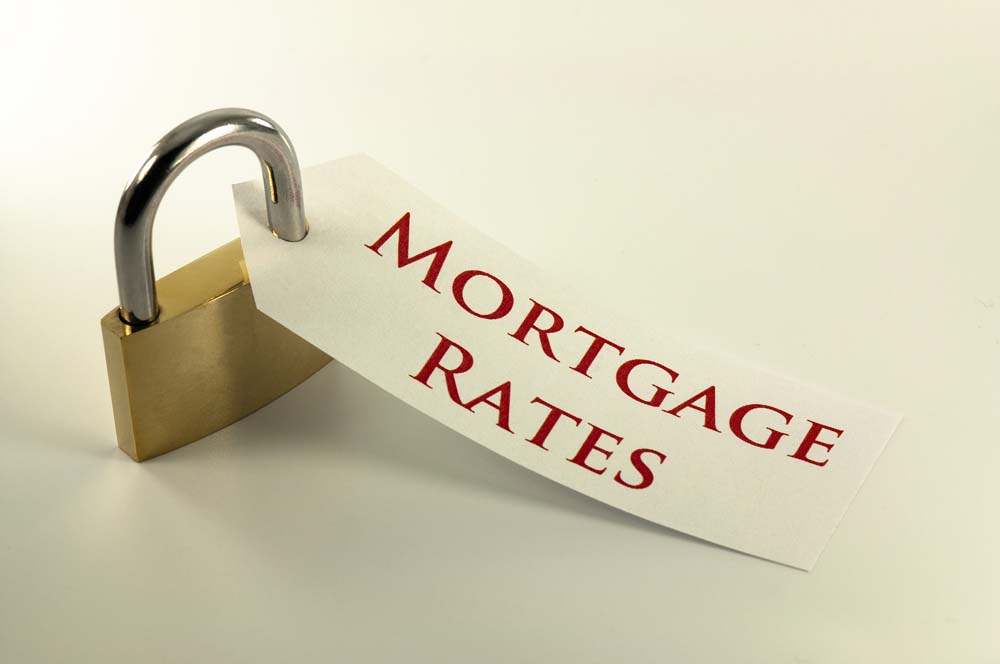In a number of cases, reverse mortgages are quite useful, particularly if the result is not moving out of your property. However, they are considered expensive and might not be the ideal solution for homeowners who are older and in search of ways to deal with financial problems.
A reverse mortgage allows borrowing against one’s home equity for those who are 62 years of age or older. As compared to paying a financial institution such as a bank, a reverse mortgage pays a line of credit, series of agreed payments or a tax-free lump sum. The loan amount paid depends on one’s age and equity amount. As a result, there will be no more mortgage payments to make and you can stay in your home forever.
While it seems like a great idea, reverse mortgages do come with their own downsides.
Inability to borrow all equity
For example, a 90-year-old homeowner of a home that is paid off and valued at $300,000 can only access about $192,600. Mortgage insurance and fees will swallow up about $9,000 of that as the loan balance keeps growing as time passes by, due to piling up of unpaid interest.
Selling could get you more
Selling does get you a better deal, considering that a home valued at $300,000 can leave one with around $270,000-$280,000 once the expenses such as cosmetic repair costs, taxes, fees and realtor commissions have been deducted.
Reverse mortgages are costly
In a reverse mortgage, you should expect high fees, more than $16,000 with mortgage insurance taking almost half of the fees for a younger borrower. In contrast, refinancing fees would be only $3,500 for the same home. Reverse mortgage interest rates are also independent of traditional mortgage rates, with current ones standing in between 4-12 percent.
Losing your home could happen
If you ever moved out of the home, you could lose it, including failing to keep the home maintained or failure to pay property taxes or insurance.
Inheriting the property might not happen
After the owner is dead or has moved, heirs must repay the borrowed money to the bank including accumulated fees and interest. Failure to do so results in the bank taking possession of the property.
Are there other options to reverse mortgage?
There are a number of alternative avenues worth exploring.
- Downsize and sell- While it might be hard to move out of your home, it may be the only way to real freedom with more money than you most likely would ever get from a reverse mortgage.
- Refinance– Refinancing at the best mortgage rates offered today might lower the payment of the home loan to very manageable levels.
- Equity line of credit- This solution comes with a 15-20 year term, with the first 10 years considered the client’s “draw” period where you could decide to pay the principal or just the interest.
- Home equity loan- Choosing this equity loan for your home provides a lump-sum payment repayable in monthly installments that are fixed over an agreed time frame with most provided at a fixed rate of interest.
- Have kids? Sell to them- If your children are older and your family relations are proper, you might want to sell to them and the home will remain within the family.
- Rent parts of the home- renting a part of your house provides some income that you can use to repay the loan in turn keeping your home. Nonetheless, the candidates need to be screened well.


